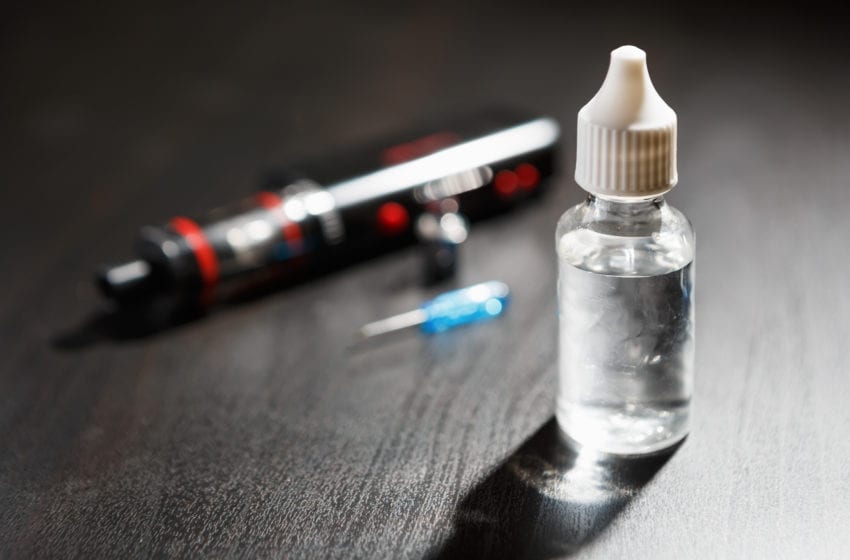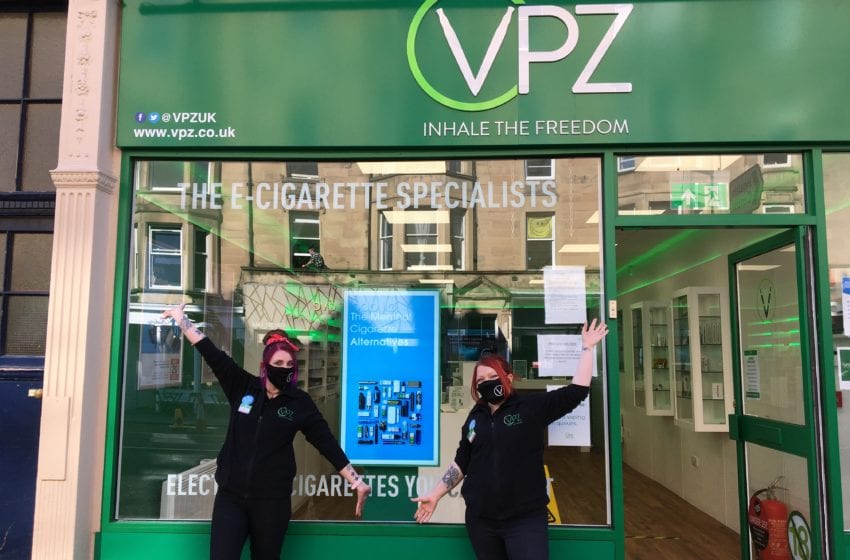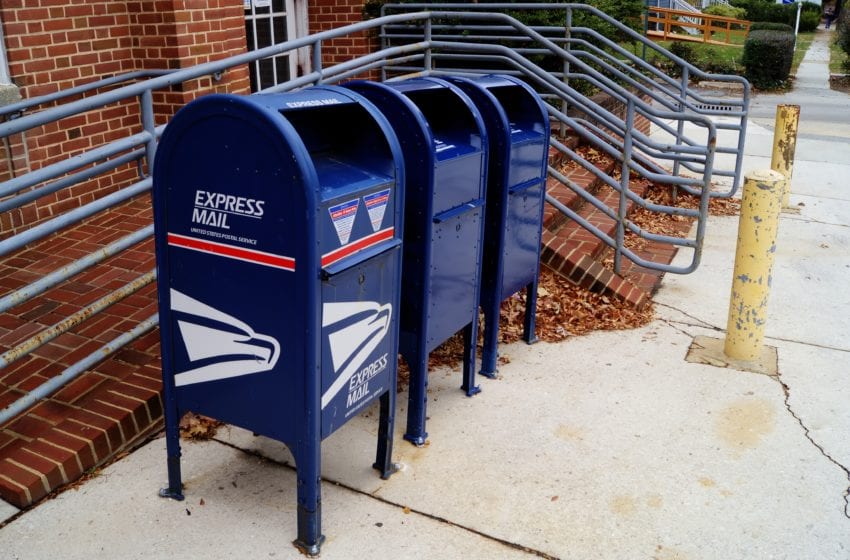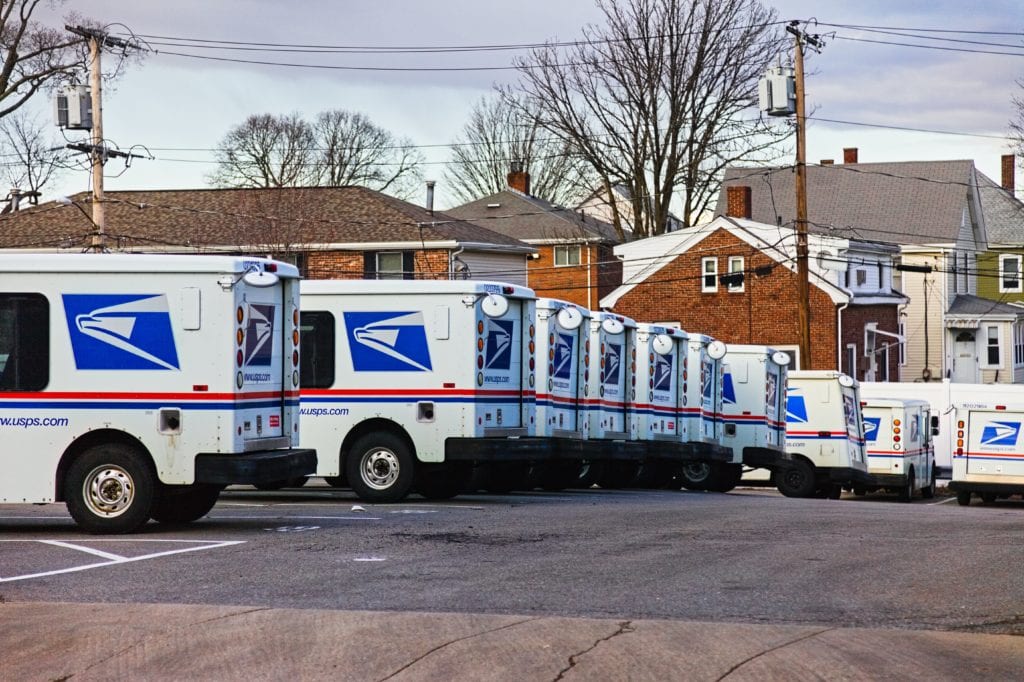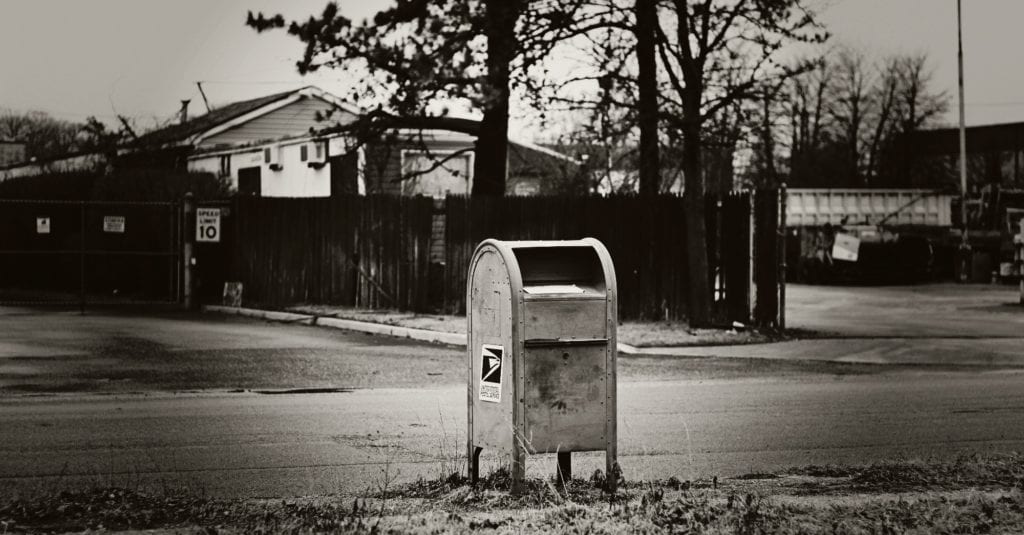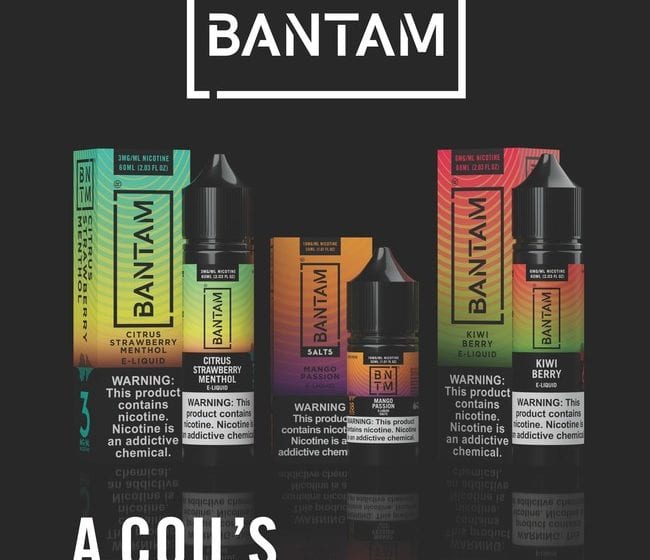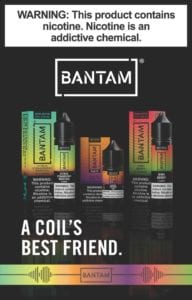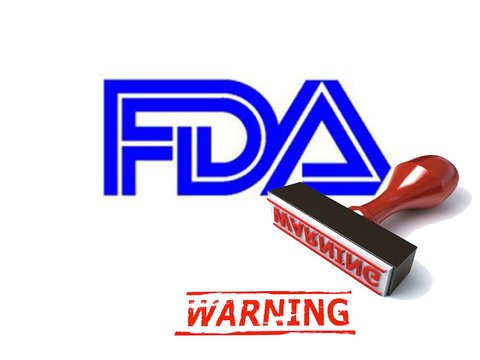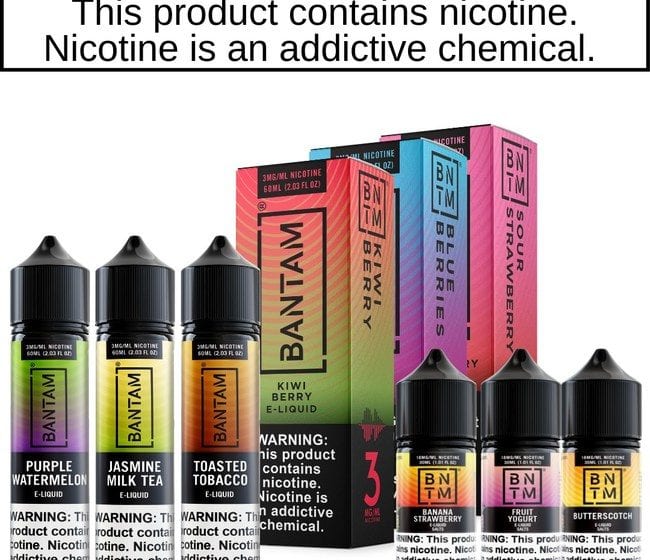The U.S. Food and Drug Administration (FDA) continues to be adamant about removing illegal e-liquids from the market. On Tuesday, the regulatory agency issued two more warning letters for companies selling e-liquids without having filed a premarket tobacco product application (PMTA). The total now stands at 115 companies that have received notice since Jan.1 of this year.

Adirondack Juice d/b/a Adirondack Vapor & Co. and Blue Eyed Vapor (BEV) received the letters from the FDA on May 14, however the agency didn’t post the letters to its website until May 25. Adirondack and BEV both were accused of selling or marketing multiple e-liquid flavors. The companies have 5,800 and 20 products registered with the FDA, respectively.
Last week, the FDA released its list of products that are legal for sale in the U.S. A total of 360 companies filed more than 6 million PMTAs. The FDA stressed it has not independently verified the information provided by applicants about the marketing status of their products. In addition, the list excludes entries of products from companies that did not provide information on current marketing status of their products to the FDA so that the agency could determine whether the existence of the application could be disclosed.
The FDA often only lists a few products that a company is selling as illegal in the letter. It then states that there may be more, but it is impossible to know if the warnings encompass all the company’s registered products. The agency states that it is the responsibility of the company to only sell products with a submitted PMTA. Companies have until Sept. 9, 2021 to sell product unless the agency makes a decision on the PMTA approval or grants an extension.
Companies that receive warning letters from the FDA have to submit a written response to the letter within 15 working days from the date of receipt describing the company’s corrective actions, including the dates on which it discontinued the violative sale, and/or distribution of the products. They also require the company’s plan for maintaining compliance with the FD&C Act in the future.

